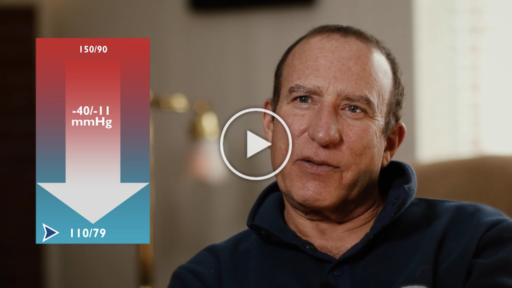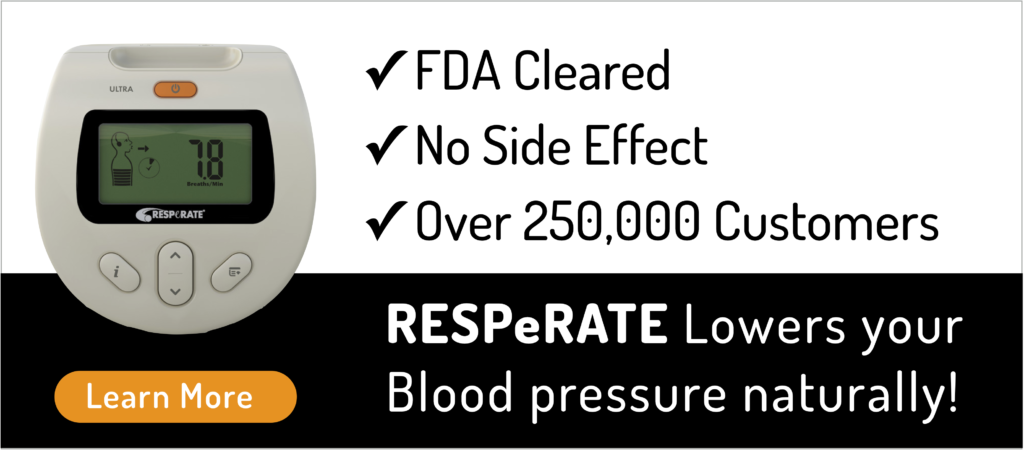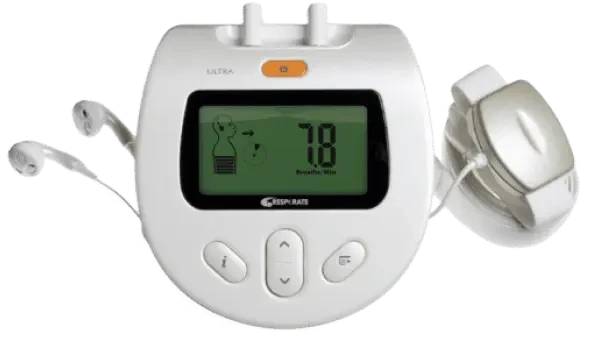Panic attacks are scary. They can come out of left field, smack between the eyes and leave you reeling. If you have never had one count your blessing. But in today’s modern world, panic attacks are on the rise.
Panic attacks are notoriously physical anxiety events that in many ways mimic heart attacks. They put strain on your body, cause lightheadedness and trouble breathing, and increase your heart rate to rapid rates. This causes many people to worry about their blood pressure, and whether or not they need to be concerned about their blood pressure during a panic attack.
What Are The Symptoms Of A Panic Attack
A panic attack is the abrupt onset of intense fear or discomfort that reaches a peak within minutes and includes at least four of the following symptoms:
- Palpitations, pounding heart, or accelerated heart rate
- Sweating
- Trembling or shaking
- Sensations of shortness of breath or smothering
- Feelings of choking
- Chest pain or discomfort
- Nausea or abdominal distress
- Feeling dizzy, unsteady, light-headed, or faint
- Chills or heat sensations
- Paresthesia (numbness or tingling sensations)
- Derealization (feelings of unreality) or depersonalization (being detached from oneself).
- Fear of losing control or “going crazy”
- Fear of dying
According to Thomas Pickering M.D, “The role of anxiety and tension in hypertension has long been a subject of debate, and our patients commonly think that the tension part of the word in hypertension refers to a psychic rather than a physical phenomenon. Although hypertension is officially regarded as being an asymptomatic condition, anyone who spends time seeing hypertensive patients knows that this typically is not so. Patients who experience symptoms from whatever cause, are more likely to seek medical care and show up in hypertension clinics as well as other medical clinics. The symptoms are often vague and difficult to relate to any specific cause.
A related and overlapping set of symptoms is panic attacks; a recent paper has described an association between those symptoms and hypertension. A survey of a general practice in England, which included both a people with normal blood pressure and a high blood pressure group. A hospital hypertension clinic in England found a significantly higher prevalence of panic attacks in people with high blood pressure than in people who do not have high blood pressure.
According to another research team, “The increase in high blood pressure does not apply to patients with mood disorders. The study also showed that patients who developed mood disorders were not at a higher risk of developing hypertension. It is possible to have both. It is very common to be depressed and anxious. But our study separated them out and found – at least over one year – that anxiety is a major culprit in hypertension.” Stated Dr. Bacon.
Panic Attacks And Blood Pressure Spikes
A major problem of a panic attack can be a blood pressure spike. Unlike traditional high blood pressure, where there are no visual symptoms until major damage has occurred, sudden high blood pressure spikes can alert you immediately.
Symptoms:
- Blurred vision
- Chest pain
- Headache
- Coughing
- Nausea or vomiting
- Shortness of breath
- Weakness or numbness in arms, legs, face
- Mentality changes such as anxiety, fatigue, confusion, restlessness
In extreme cases of sudden high blood pressure, there may be bleeding from damaged blood vessels, blindness from ruptured retina nerves or vessels, and possibly seizures.
Only a doctor can diagnose whether or not your high blood pressure is caused by anxiety or by a more serious health condition. Age, weight, gender, and family history all play a role. High blood pressure is rarely the only symptom of anxiety.

 Eli Ben-Yehuda
Eli Ben-Yehuda 












 Download Brochure
Download Brochure
Comments
3 Replies to “Panic Attacks & High Blood Pressure.”
I WOULD LIKE TO PURCHASE A MACHINE
Dear Patricia, You can order by calling 1-800-220-1925 and speak with one of our reps.
I learned from a doctor that most panic attacks are due to excessive adrenaline because the adrenal gland can’t produce enough cortisol. So if you’re wondering why, this might be the underlying cause.